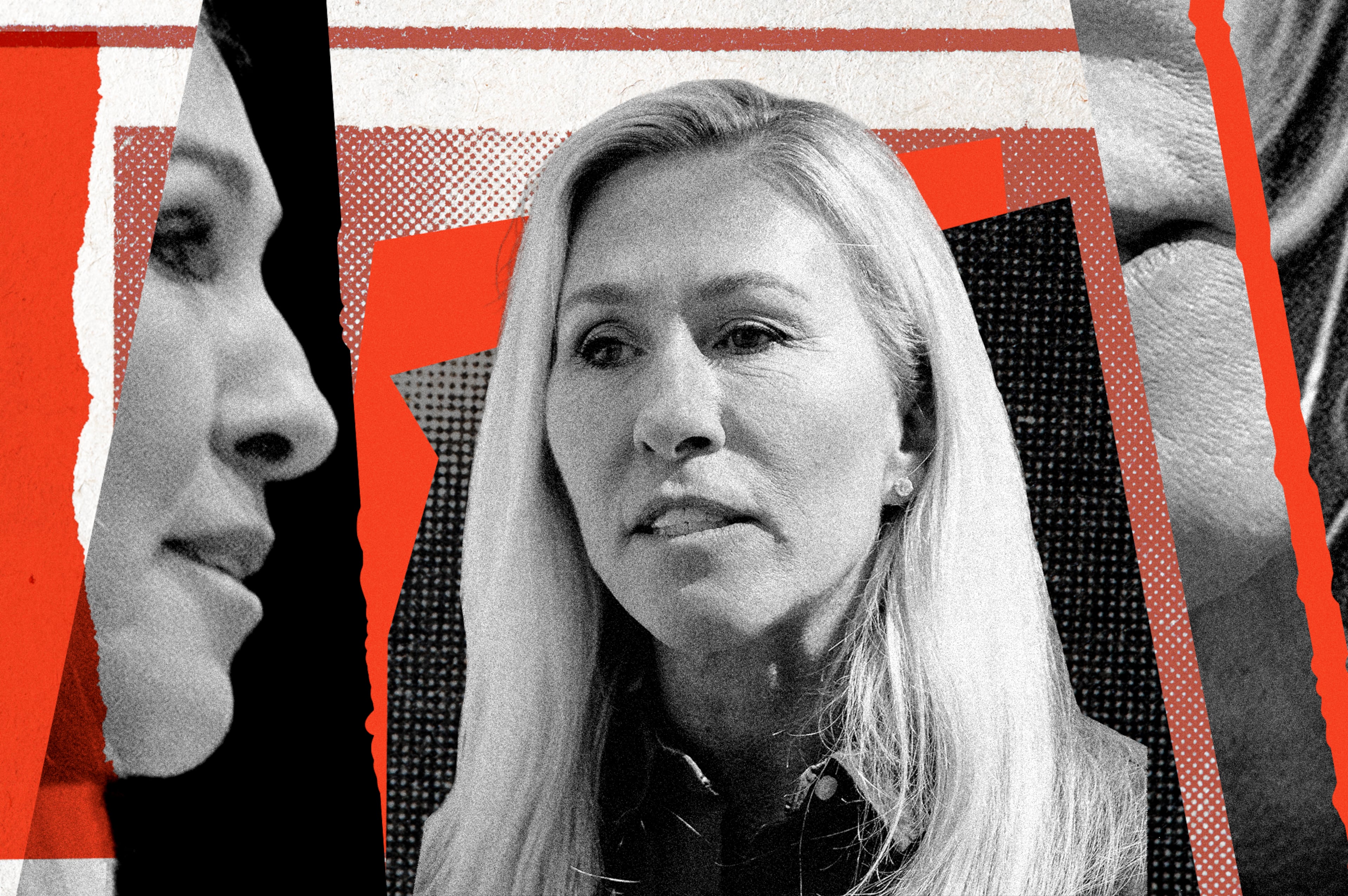Super Bowl 2017: What to tell your kids about ‘Deflategate’

The subject of Tom Brady's alleged manipulation of his footballs is a sore subject in New England.
'Deflategate' is a four-letter word your kids may hear multiple times during the Super Bowl broadcast when the Atlanta Falcons face the New England Patriots Sunday, Feb. 5, 2017, in Houston.
Even football manufacturer Wilson trolled the Patriots with a tweet this week:
🏈#WilsonFootball #SB51 #Falcons #Patriots pic.twitter.com/gNMeR4sFbj— Wilson Football (@Wilson_Football) January 23, 2017The work begins tonight in our football factory.
So what’s the lesson to kids (or impressionable adults)? Here are the facts:
How did it start?
In January 2015 the NFL began an investigation into the possibility that the Patriots played the AFC Championship against the Indianapolis Colts with partially deflated footballs.
New England coach Bill Belichick denied any knowledge of the deflated footballs. He explained that normal use and air conditions during the game may have caused the air leakage (Correction: Affecting both Colts and Patriots footballs). He reiterated the Patriots set the balls to the proper air pressure, but "Once the balls were on the field for an extended period of time ... they were down approximately one and half pounds per square inch."
Tom Brady explained that balls are broken-in during practice and was unaware of how the loss of air affected his game.
(It’s important to note that mired in allegations, the Patriots won the Super Bowl against the Seattle Seahawks immediately after.)
• For your kid: NFL footballs have to be a certain size. The Patriots won a game (and maybe more) with footballs that weren't regulation size and that is not fair.
What did the NFL find?
Four months after it announced its investigation, an NFL report concluded it was "more probable than not Tom Brady was at least generally aware" of the alleged ball deflation scheme. It found that two Patriots employees --John Jastremski and Jim McNally -- were directly responsible.
The league handed Brady a four-game suspension and striped the team of a first-round draft pick.
• For your kid: The man wearing No. 12 for the Patriots was told to he couldn't play for four games as punishment.
Or you could explain conspiracy theories:
Why is this important now?
Brady did not accept the league’s punishment and forced NFL commissioner Roger Goodell to uphold the suspension on appeal.
Goodell, serving as the arbiter in the case, upheld the suspension, based on his assertion that Brady “knew of, approved of, consented to” the deflation scheme carried out by others.
The sides go to court. Brady won his appeal, the suspension was lifted. The NFL appealed. In April 2016, A U.S. Appeals court reinstated Brady's four-game suspension.
More than 540 days after it began, Brady agreed to sit out the first four games of the 2016 season. The Patriots went 3-1 in Brady’s absence, they won their division, they won the AFC Championship and now face the Falcons in the Super Bowl.
• For your kid: No. 12 for the Patriots was believed to have some knowledge he was playing with under-inflated balls and didn't like his punishment. So he protested and his punishment was delayed for a year. He's playing in this game because his team still won.
What’s the bigger picture?
The general conclusion is the team cheated and won. Truth or not, it’s a label that they have not been able to escape. This is why two years later we’re still talking about Deflategate.
Another is the nearly 18-month legal wrangle could have been avoided:
If either man would have taken responsibility (the fact that they were in violation of league rules isn't in dispute) or simply said "sorry" this episode would have been put to rest.
The Boston Globe asked two parenting experts on their advice on the overall lesson for your child:
The Patriots' checkered past can serve as a cautionary tale. Whenever I've caught my kids cheating at something, I've told them, "That's not a reputation you want to have. People will assume the worst."
...
Once you're labeled a cheat, everything you do becomes scrutinized, not always fairly.


